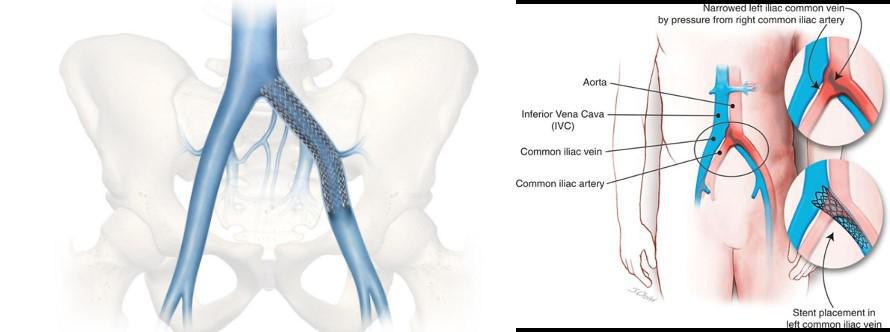Unlocking Wellness: The Role of a Health Counselor
Health Counselor: Your Guide to a Healthier You
In today’s fast-paced world, achieving and maintaining wellness has become a paramount concern for many individuals. People seek a balanced, healthy life, and they turn to professionals who can guide them on this journey. This article explores the role of a Health Counselor, shedding light on how they unlock the path to wellness for individuals.
Understanding the Role of a Health Counselor
Health Counselors play a pivotal role in assisting individuals in achieving optimal health and wellness. They are professionals who are dedicated to guiding, educating, and supporting clients as they work towards a healthier lifestyle. That begins with understanding the individual’s unique needs, challenges, and aspirations.
Qualifications and Training
Health Counselors undergo specialized training and often hold degrees in fields like psychology, nutrition, or counseling. Their educational background equips them with the knowledge and skills necessary to address physical, mental, and emotional health.
The Importance of Emotional Support
A significant aspect of health counseling is providing emotional support. Health Counselors create a safe space for clients to express their concerns and fears, making them feel heard and understood. This emotional support is often the first step in unlocking wellness.
Setting Wellness Goals
Health Counselors work with clients to set realistic and achievable wellness goals. These goals are tailored to the individual’s specific needs, considering factors like age, gender, and lifestyle.
Creating Personalized Wellness Plans
Once the goals are set, Health Counselors create personalized wellness plans. These plans outline the steps and strategies required to achieve the desired level of wellness.
Monitoring Progress
Regular follow-ups and assessments are crucial in monitoring the client’s progress. Health Counselors ensure that the client is on the right track, making adjustments as necessary.
Counseling Techniques
To provide effective guidance, Health Counselors employ a range of counseling techniques. These may include cognitive-behavioral therapy, motivational interviewing, and goal setting.
Communication Skills
Effective communication is key in health counseling. Health Counselors are trained to listen actively and empathetically, ensuring that clients feel heard and valued.
Building Trust and Rapport
Developing a trusting and supportive relationship with clients is essential. Health Counselors work on building rapport, ensuring clients feel comfortable sharing their concerns.
Cultural Competency
Health Counselors need to be culturally competent to understand and address the diverse needs of their clients. This includes understanding cultural beliefs and practices related to health.
Challenges in Health Counseling
The field of health counseling is not without its challenges. Health Counselors often face resistance from clients who may be reluctant to make lifestyle changes. Additionally, the complexity of health issues can be daunting.
How a Health Counselor Differs from Other Professionals
Health Counselors have a unique focus on overall wellness. While doctors treat specific medical issues and psychologists delve into the intricacies of the mind, Health Counselors take a holistic approach, considering physical and emotional well-being.
Benefits of Health Counseling
The benefits of health counseling are abundant. Clients gain a deeper understanding of their health and learn how to manage it effectively. They experience improved emotional well-being and gain the tools to make lasting changes.
Conclusion
In conclusion, Health Counselors play a vital role in unlocking wellness for individuals. They are compassionate guides, equipped with the knowledge and skills to address each client’s unique needs. By providing emotional support, setting goals, and creating personalized wellness plans, Health Counselors empower individuals to take control of their health and lead fulfilling lives.
FAQs
1. What is the primary role of a Health Counselor?
The primary role of a Health Counselor is to guide, educate, and support individuals in achieving optimal health and wellness.
2. How do Health Counselors differ from other healthcare professionals?
Health Counselors take a holistic approach to wellness, addressing both physical and emotional well-being, while other healthcare professionals may focus on specific medical issues.
3. What qualifications are required to become a Health Counselor?
Health Counselors often hold degrees in fields such as psychology, nutrition, or counseling and undergo specialized training in health counseling.
4. How can a Health Counselor help individuals set wellness goals?
Health Counselors work with individuals to set realistic and achievable wellness goals, considering their unique needs, challenges, and aspirations.
5. What are the key benefits of health counseling?
The key benefits of health counseling include a deeper understanding of one’s health, improved emotional well-being, and the tools to make lasting positive changes in one’s life.




